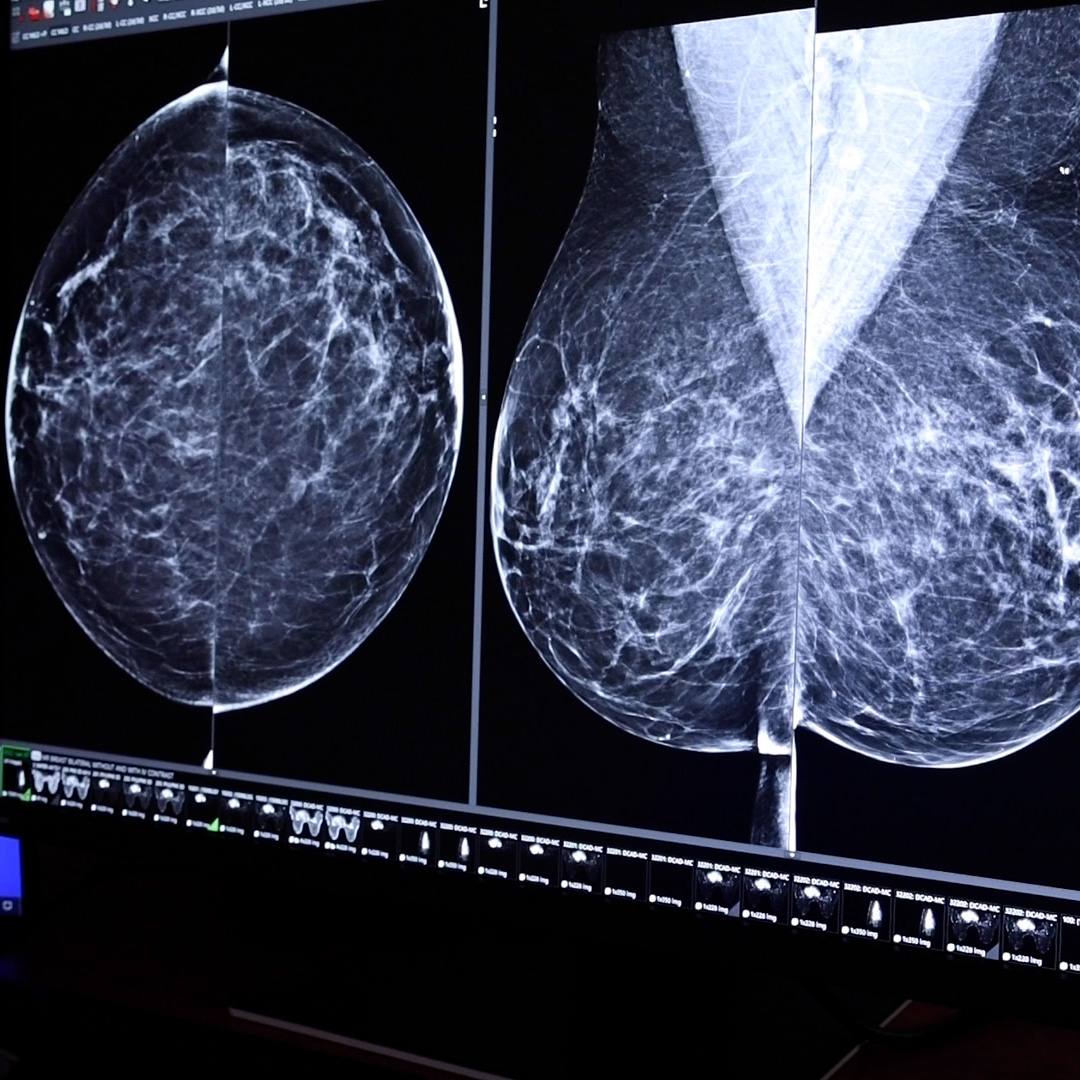-
Mayo Clinic Minute
Mayo Clinic Minute: What is whooping cough?
The Centers for Disease Control and Prevention (CDC) says cases of pertussis, also known as whooping cough, are on the rise. The U.S. is beginning to return to the level of cases reported before the COVID-19 pandemic. The CDC says roughly four times as many cases of pertussis have been reported in 2024 compared to the same time last year.
In this Mayo Clinic Minute, Dr. Jesse Bracamonte, a Mayo Clinic family medicine physician, explains what whooping cough is and how to prevent it.
Journalists: Broadcast-quality video (1:08) is in the downloads at the end of this post. Please courtesy: "Mayo Clinic News Network." Read the script.
It's the heart-wrenching sound of a young child with the highly contagious respiratory illness known as whooping cough.
"It's caused by the bacteria known as Bordetella pertussis. It gets the name whooping cough, typically, due to the characteristic cough or the "whoop" that, typically, children make," says Dr. Bracamonte.
He says that "whoop" sound is created when attempting to take in a breath after a severe hacking cough.
"Fortunately, there's a vaccine available for infants and children and adults to get immunized to prevent the Bordetella pertussis from occurring. It decreases the risk of transmission and protects your overall immunity," says Dr. Bracamonte.
The CDC recommends all young children should receive the DTaP vaccine in a series of five vaccinations at ages 2 months, 4 months, 6 months, 15 to 18 months, and 4 to 6 years. Adolescents, adults and anyone who is pregnant should have a Tdap booster vaccination.
"I think this vaccine is very important for kids because, in most cases, the more severe illness of whooping cough affects children or younger children, particularly under a year of age, where sometimes hospitalization can occur," says Dr. Bracamonte.
Additional Resources:
- Understanding whooping cough with a Mayo Clinic expert
- Whooping cough (pertussis) is a highly contagious respiratory tract infection







